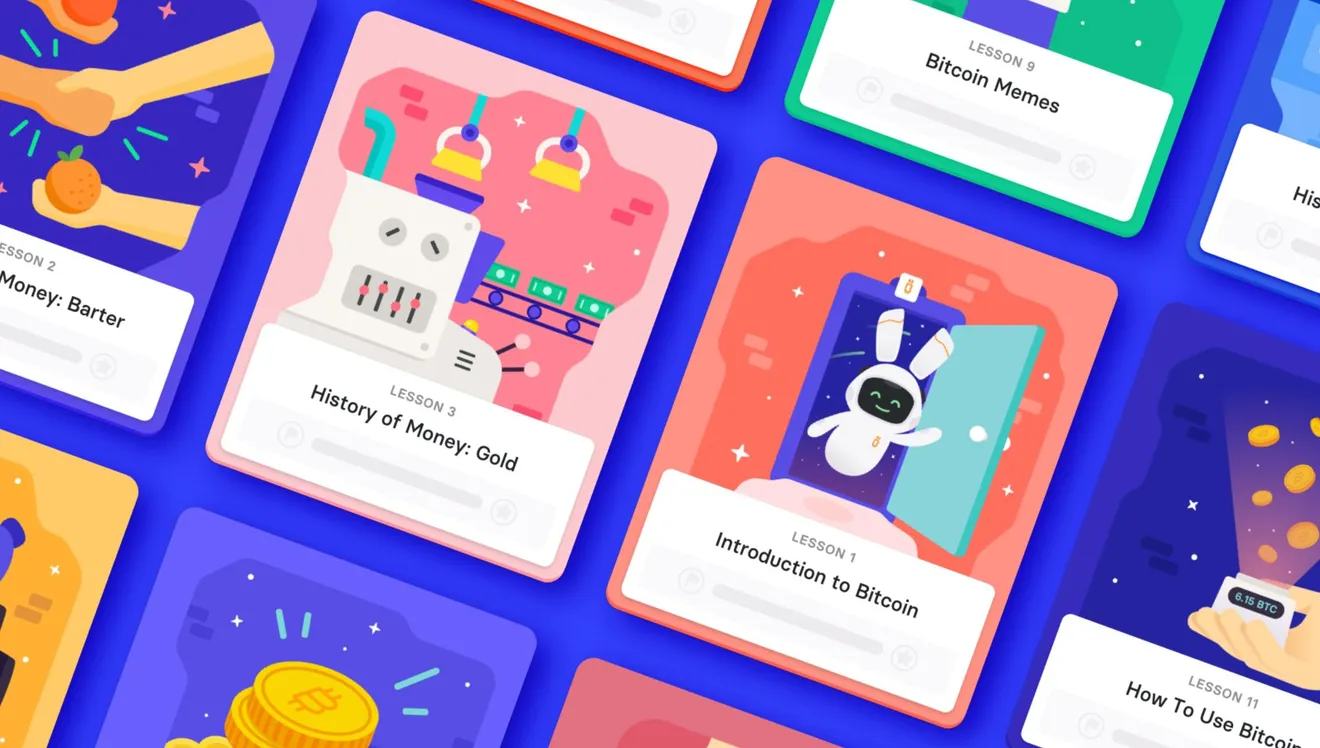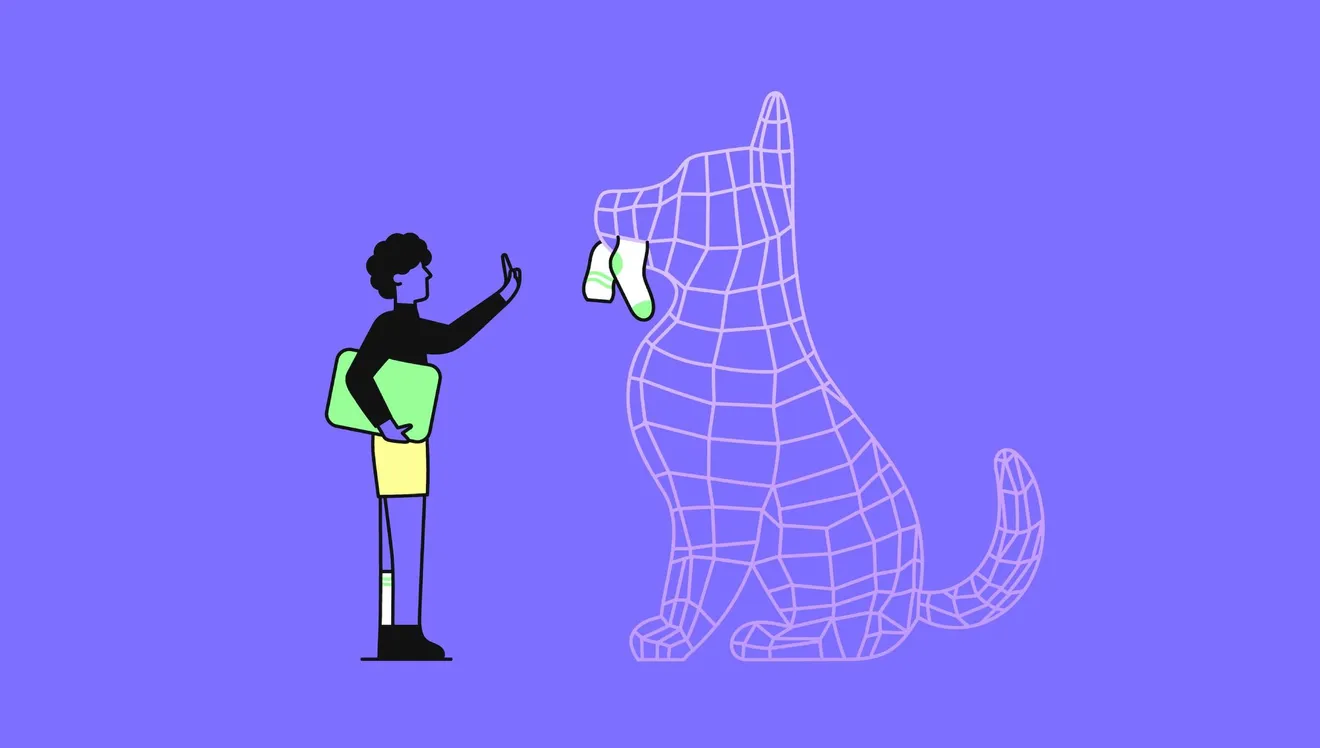It has happened to all of us. On any given Tuesday, having to work the next day, we have started to watch a newly released series and the content platform app has managed to get us to go to bed at two in the morning after devouring the season in just one bite. Or we have lost track of time spellbound by Instagram Reels or Stories until, after taking our eyes off the screen for a second, we have verified that it is already nighttime outside.
It has happened for years, but the pandemic has increased digital consumption in an unimaginable way since many of those who create digital products have jumped on a bandwagon that tries to keep the user in front of the screen for as long as possible.
I think about my case. I have never been a voracious consumer of social networks. I come from Fine Arts and, although I am currently a Product Manager at Z1, I continue to paint. Just as I continue to enjoy losing myself in a printed book. However, like everyone else, I have also noticed how this year my time in front of screens has been increasing despite my love for analog.
During the confinements, the internet was for me a window to the outside, a way of looking for the social connection that we had lost, a tool to be close to others. I am part of the statistic that shows that we have never spent so much time connected before, we have never bought so much online, and we have never spent so many hours on social networks.
"We have never spent so much time connected before, we have never bought so much online, and we have never spent so many hours on social networks."
Cándido Baquero, Z1's Product Manager.
Just a year ago, when little by little we began to walk down the street after confinement, I read an article that pointed out that we Spaniards had been hooked on the internet like never before: 75 hours per week connected, 20 of them on a double screen. In the case of children between the ages of three and 16, screen time has doubled during the Covid-19 crisis, The New York Times reported. These are figures that lead me to wonder if the fact that the internet is our tool to look out into the world is taking us away from life.
It is something that we consider in every project in Z1. Every day more. Built from scratch, our products are about the quality of the experience, not the time spent on it. We flee from the pattern of wild engagement that has spread in a sector determined to establish dependency relationships, to create consumers rather than users.
For us, on the other hand, the important thing is not that the people who download one of our apps spend hours in front of it, but that they spend just enough time and then (if they want) come back the next day. It is what we should all demand of a digital product: that it be simple, that it does not hurt us, that our adaptation to its dynamics is fast, that it does not make us consume advertising for its own sake, and that it leaves us time for everything else.
Built from scratch, our products are about the quality of the experience, not the time spent on it.
In other words, we embrace human-centered design from the early stages. We rely on utility-focused development and ease of use, thinking about user needs and expectations and having the human factor, psychology, and, of course, ethics as our north star.

When you start working at Z1, you immediately see the apps you use in a different way. You realize that there are dark patterns, that there is a rather sinister desire on the part of companies to monopolize our time. It is what has also come to be called infinity pools, sources of entertainment and information that are always active. It does not matter how many times you dive into these pools because you will always find them full.
We rely on utility-focused development and ease of use, thinking about user needs and expectations and having the human factor, psychology, and, of course, ethics as our north star.
We are living in a moment of immediate gratification that does not allow a week of waiting to watch a new episode of our favorite series, of neverending scrolls, walls, and timelines. Luckily and on a point of principle, we at Z1 have been able to discard this approach. We aim to provide the maximum possible value without translating it into a longer connection time toll. The best thing is that the whole team is aligned with it, which is part of our culture. We are not looking for constant stimuli or addictive adrenaline or excessive hooking: our thing is to seek good experiences.
Fighting for disconnection
It may seem counterintuitive coming from a studio like Z1, but disconnection is something we strive for on a daily basis. For others and for the team itself. Our products are digital because the medium is, but they are linked to issues that add value to future users without us stealing their hours. This determination is built on a process of years in which we have been learning from our mistakes to guarantee customers what we believe in, to launch to the market products that contribute something to the world.
We developed Sensie, focused on connecting with our emotions. We are also working on Mentor Spaces, a community that, built on the idea of diversity and integration and that has grown up with the Black Lives Matter movement, is mentoring and helping young professionals. Our partner, Aaron Dignan is currently launching Murmur, a tool we helped to design that assists teams to establish horizontal and transparent working agreements, to reach a tacit point of understanding; or Less, which proposes a moderation of alcohol consumption based on the principles of mindfulness; and Mailman, with which we have managed to prevent email from eating us alive. Literally taming our inboxes to once again be masters of our time.
With Bitcoin Lessons, an e-learning app about cryptocurrency, we strive to avoid that logic of continuity in the app. To get around this trend, we created an animated pet that spoke and pulled the user out of the automaton sequel that we are unfortunately used to. If a client asks us for a dynamic similar to that of Tinder, in which you have to move from one place to another with your finger, we try to convince them that it is better to have users aware of what they do and the time they spend. In all these examples that I have just pointed out, monetization is based on the idea of a valuable product. Users pay for something that will benefit them, there is no more.
The process and consciousness
The key moment in this learning came when we began to meet with communities. Developing apps for both B2C and B2B also helped. In this second case, efficiency was mandatory, because the customer always demands simple and fast software. It was then when we saw clearly that this concept had to be applied to everything else because, after all, if we could choose, we would all bet on simplicity and speed.
But beyond all this, at Z1 we like to think about ergonomics. That is, in transcending mere comfort to embrace efficiency, in having both variables present, in not losing sight of the fact that we are addressing people in whose place we have to know how to put ourselves, trying to manufacture products that facilitate their cognitive activity and achieve a conscious experience.
For example, Trip, recently awarded Best Mobile Design 2021 at the Indigo Awards. This app leads the public by the hand towards a healing process that, once concluded, suggests that the person write down what they have experienced, to reflect, and to become aware of their action.
At Z1, we like to manufacture products that facilitate users' cognitive activity and let them achieve a conscious experience.
Accessibility is another of our principles. When we think of the user, we do so knowing that behind the screen there are not only digital natives but people of all ages, with greater or lesser digital skills, a vast mass of public that has turned to life online in recent years, especially during the pandemic. Therefore, our digital products try to be as self-explanatory as possible. We are much more excited about achieving this point than achieving great success in the market.
And it works for us: customers who come to Z1 already know about our philosophy and arrive with a similar approach. In case they don't have it from the beginning, they put their trust in our experience. Our design team is very powerful. It crafts prototypes that help our partners understand immediately that what we defend is much better — that a conscious user is a quality user of a quality product. We are not reinventing the wheel, but it brings remarkable fulfillment to stand firm on ideas to develop projects that, in the end, bring something positive to the world.


